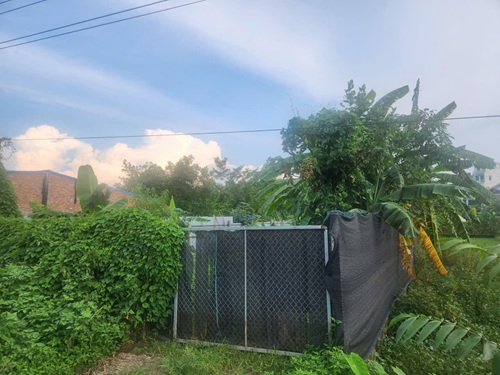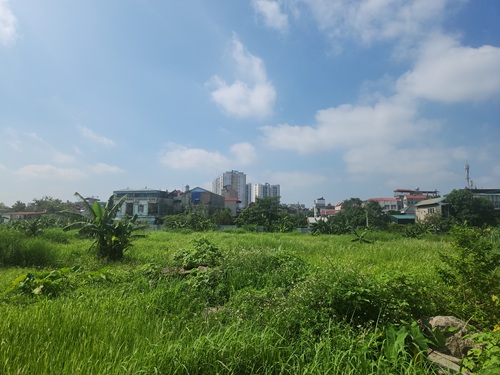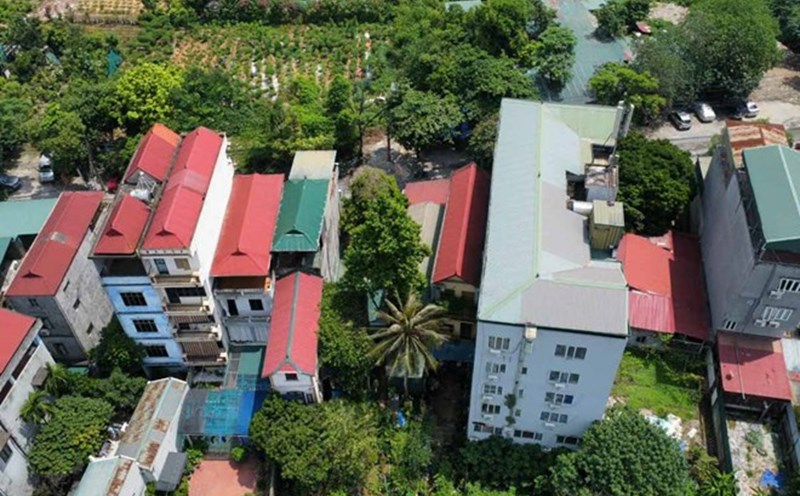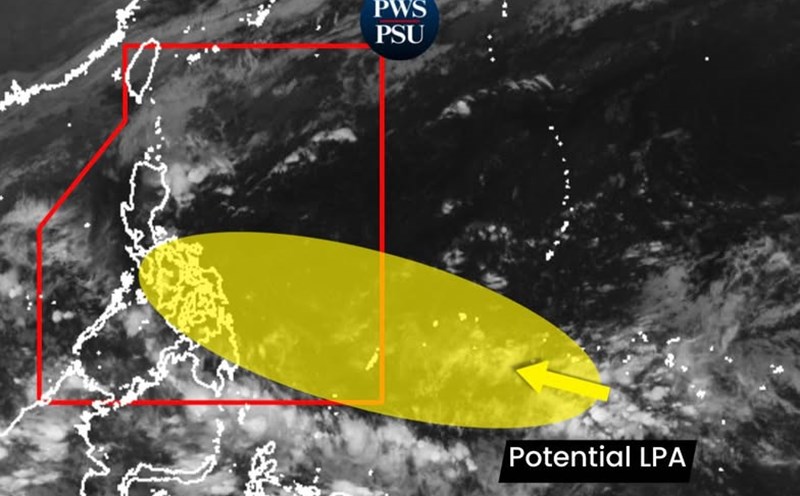There are many cases where they have to pay a high price when they risk borrowing hundreds of millions, even billions of VND to buy agricultural land in the hope of building a house or converting it to residential land.
The case of Mr. Nguyen Tat Thang (O Dien commune, Hanoi) who once contributed and borrowed more than 700 million VND to buy a piece of agricultural land in Minh Khai ward (old Bac Tu Liem district) after being promised by a broker to "care for the papers" to build a house and make a red book. However, it was not until he was about to prepare for construction that he learned that agricultural land was not allowed to be built and could not be used for other purposes. "The land cannot be built or sold. When I called a broker, they refused and disappeared, said Mr. Thang.
Similarly, Ms. Nguyen Thi Tuyet Nhung (Xuan Phuong ward) bought 100m2 of agricultural land in Phuong Canh ward for 500 million VND, using only a rough handwritten document. At the end of 2024, she received a notice that the land was subject to land acquisition for the project. Reviewing the documents, she discovered that the land had been transferred to many people, the documents were only photocopies, without confirmation from the authorities.
According to regulations, all procedures for declaring compensation when reclaiming land must be carried out by the owner. That means Ms. Nhung is at risk of losing everything if the landowner has passed away or does not agree to the refund. If paid, the compensation is also very low because the price of agricultural land according to the prescribed framework is only a small part of the amount she has spent since 2015.

Articles 8 and 10 of Decree 123/2024/ND-CP clearly state: arbitrarily converting agricultural land to residential land will be subject to penalties and forced to restore the original state. However, due to the sharp increase in real estate prices, many people are still rushing to buy agricultural land, interspersed land with the expectation of "nesset planning" or waiting to change the purpose to settle down in Hanoi.
On websites, TikTok, and Facebook, there are countless advertisements for agricultural land for sale at the price of 835 million VND/m2 every day. For example, a 32m2 plot of interstitial land on Vinh Hung Street was advertised for 450 million VND with the advertisement "Full documents, full invoices". A 37m2 plot in Tuong Mai ward is being advertised for 25 million VND/m2, equal to only 1/3 of the land price in the area.
Many agricultural plots are also recommended by brokers to have "red books soon" and " improved investment in subdivision". In Phu Dien ward, a 300m2 plot is advertised for 750 million VND; on Ke Ve street (Xuan Phuong ward), 96m2 is advertised for 20 million VND/m2 even though it is completely agricultural land.
Transactions of agricultural land and interspersed land are bustling but have great potential risks. According to lawyer Nguyen Duc Toan - Vimax Asia Law Firm (Hanoi Bar Association), this is an illegal transaction, which can easily lead to disputes and property loss. Many people buy agricultural land to build houses and do business while this type of land is only allowed for cultivation.
According to regulations, transactions in handwritten documents or oral agreements will not be recognized by the court if a dispute arises. When the State reclaims, the compensation level is also calculated according to the type of land in place, not residential land.

Agricultural land and inter-lands seem to be a "golden opportunity" for low-income people, but in fact they are a "risk game". Buyers may lose all the money they have spent, or even be fined if they arbitrarily build illegally. Therefore, legal factors must be given top priority to protect assets.
According to Mr. Do Van Thach - Dova Land representative, in the context of the continuous increase in real estate prices in Hanoi, many middle-income people are finding a way out by hunting for agricultural land, interspersed land - places with "easy to breathe" prices but unclear legal status.
Behind the seemingly "future potential" lands are countless risks: land in the flood drainage corridor, land without changing purpose, land in the suspended planning or land temporarily allocated for production... All of which have no value for settlement, and can even be forced to demolish the construction.
Many people buy according to the introduction of brokers, buy according to emotions and then fall into the situation of having land but not being able to live; having a house but not existing; savings from many years become a burden.
It is worth mentioning that land legality is not a matter of luck. legality is the foundation, the "fate" of assets. A piece of land is only truly valuable when it is in accordance with planning, can change its purpose and is allowed to be built legally.
Experts recommend that people be cautious: don't buy because it's cheap, buy because it's in accordance with the law; check the planning at a state agency before signing a contract; if you don't understand the legal field, ask someone with expertise to go with you. A smart real estate transaction is not only about buying at the right price, but also about avoiding legal mistakes that can cost you the rest of your life.












